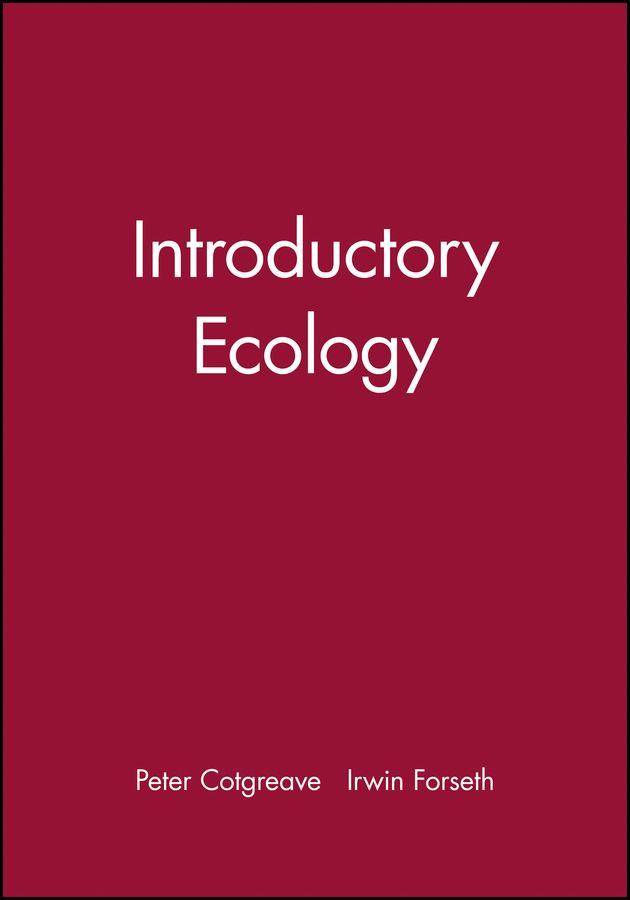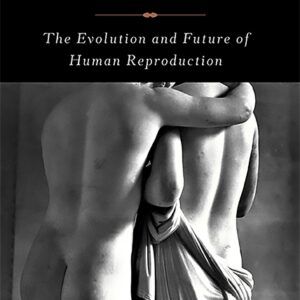In this age of increasing human domination of the Earth’s biological and physical resources, a basic understanding of ecology is more important than ever. Students need a textbook that introduces them to the basic principles of ecological science, one that is relevant to today’s world, and one that does not overwhelm them with detail and jargon.<br /> <p>Peter Cotgreave and Irwin Forseth have designed this book to meet the needs of these students, by providing a basic synthesis of how individual organisms interact with their physical environment, and with each other, to generate the complex ecosystems we see around us. The unifying theme of the book is biodiversity-its patterns, causes, and the growing worldwide threats to it.<br /> </p> <p>Basic ecological principles are illustrated using clearly described examples from the current ecological literature. This approach makes the book valuable to all students studying ecology. Examples have been chosen carefully to represent as wide a range of ecosystems (terrestrial and aquatic, northern and southern hemisphere) and life forms (animal, plant and microbe) as possible. Particular attention is paid to consequences of global change on organisms, populations, ecological communities and ecosystems. The end result is a text that presents a readable and persuasive picture of how the Earth’s natural systems function, and how that functioning may change over the coming century.<br /> </p> <p>Features include:<br /> · strong coverage of applied and evolutionary ecology<br /> · applications of ecology to the real world<br /> · a question-orientated approach<br /> · the only comprehensive treatment of ecology written for the introductory student<br /> · an emphasis on definitions of key words and phrases<br /> · an integration of experimental, observational and theoretical material<br /> · examples drawn from all over the world and a wide variety of organisms<br /> · a logical structure, building from the response of individual organisms to physical factors, through population growth and population interactions, to community structure and ecosystem function<br /> · suggested further reading lists for each chapter<br /> · boxes to explain key concepts in more depth<br /> · dedicated textsite featuring additional information and teaching aids <b>www.blackwellpublishing.com/cotgreave</b><br /> </p> <p>Peter Cotgreave is an animal ecologist who has worked for the University of Oxford and the Zoological Society of London. His research interests centre on abundance and rarity within animal communities. Irwin Forseth is a plant physiological ecologist who has taught introductory ecology and plant ecology at the University of Maryland since 1982. His research focuses on plant responses to the environment. The authors have studied organisms as diverse as green plants, insects and mammals in habitats from deserts to tropical rainforests. They have worked in ecological research and education in Africa, Asia, North and South America, Europe and the Caribbean.</p>
Introductory Ecology
₹7,009.00
This book is currently not in stock. You are pre-ordering this book.




